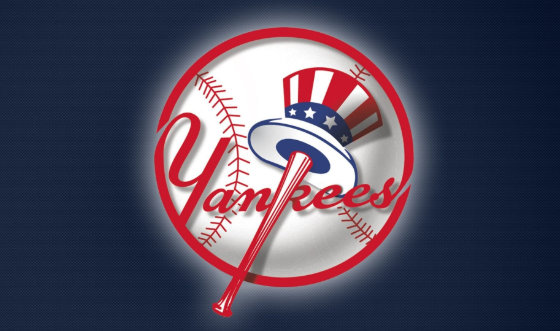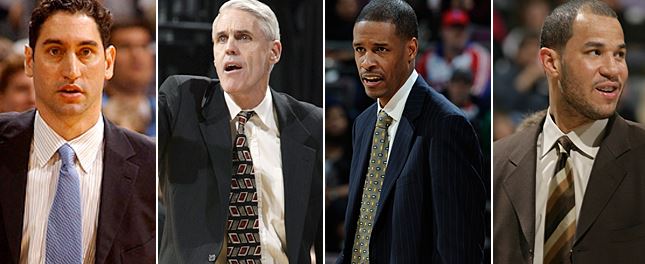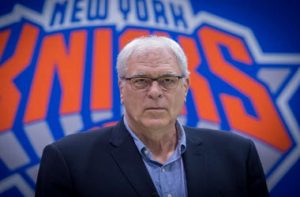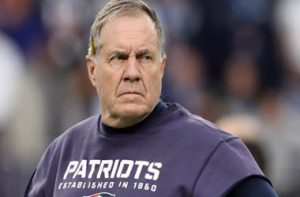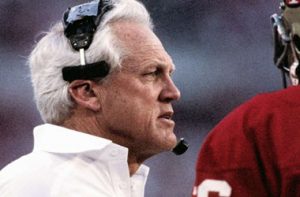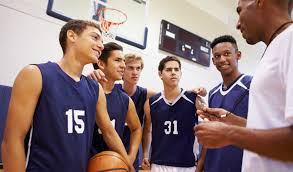Coaching the Houston Astros

The Houston Astros is doing noticeably well this season. Let’s explore the team behind the team creating success for Houston. When Hinch was signed as Astro manager in 2014, he became the 18th person fulfilling this role. During the four years which he has been at the Astro’s, he proved himself to be one of the best in MLB. Not only is he the man behind three appearances in playoffs, but also a World Series Championship. This was welcomed after a nine-year drought to the franchise. A franchise-record was also set during 2018 with 103 wins, making them the fifth franchise to break the 100 wins barrier in one season.
Joey Espada as the Bench Coach
In 2017 Espada joined the Astros as bench coach. This season is his 9th in the league as a coaching staff. Espada is also in charge of the infield positioning. Before the Astro’s he was involved at the Yankees as third-base coach, as well as at the Marlins for about eight years before his Yankee run.
Hitting Coaches
The Astro’s two hitting coaches are Alex Cintron and Troy Snitker. Cintron joined the Astro’s three seasons ago. Initially, he was their Spanish translator as well as advance coach and assistant coach before becoming first base coach, also involved in infield positioning. This year is his first season as hitting the coach. Cintron is also involved in dealing with all matters concerning the Spanish-speaking players of the franchise. This season is Snitker’s first season on the Astro’s coaching staff as well as in the position of coach in Major League. In the previous season, he was fulfilling the role of hitting coach at Corpus Christi, A Double-A team. This position earned him the title of Inaugural Mike Coolbaugh Memorial Coach of the Year in Texas League. This was based on his outstanding performance, the knowledge of the game, his skill for mentoring the youth and his work ethic.
Pitching Coach
Brent Strom has been fulfilling this position since 2013. This was his third time being a pitching coach in Major League. He was formerly the pitching coach for the Astros during 1996 and then, later on, joined up with the Royals. During 2018 the Astros set a Major League record with 1 687 strikeouts. This was done under the guidance of Strom.
Third Base Coach
Gary Pettis has been a third-base coach at the Astros since 2014. He is also involved as a baserunning and outfield instructor. Pettis has led the Astros to maintain the highest percentage in fielding in the AL, during the past two seasons, delivering .995 in 2018 and .989 in 2017. The Houston Astro’s also have Joshua Miller in the role as bullpen coach. This is his 13th season at the Astro’s. This is also his first coaching position in Major League. At bullpen catcher is Javier Bracamonte. Their catching coach is now in his second season at the Astro’s and is Michael Collins.


